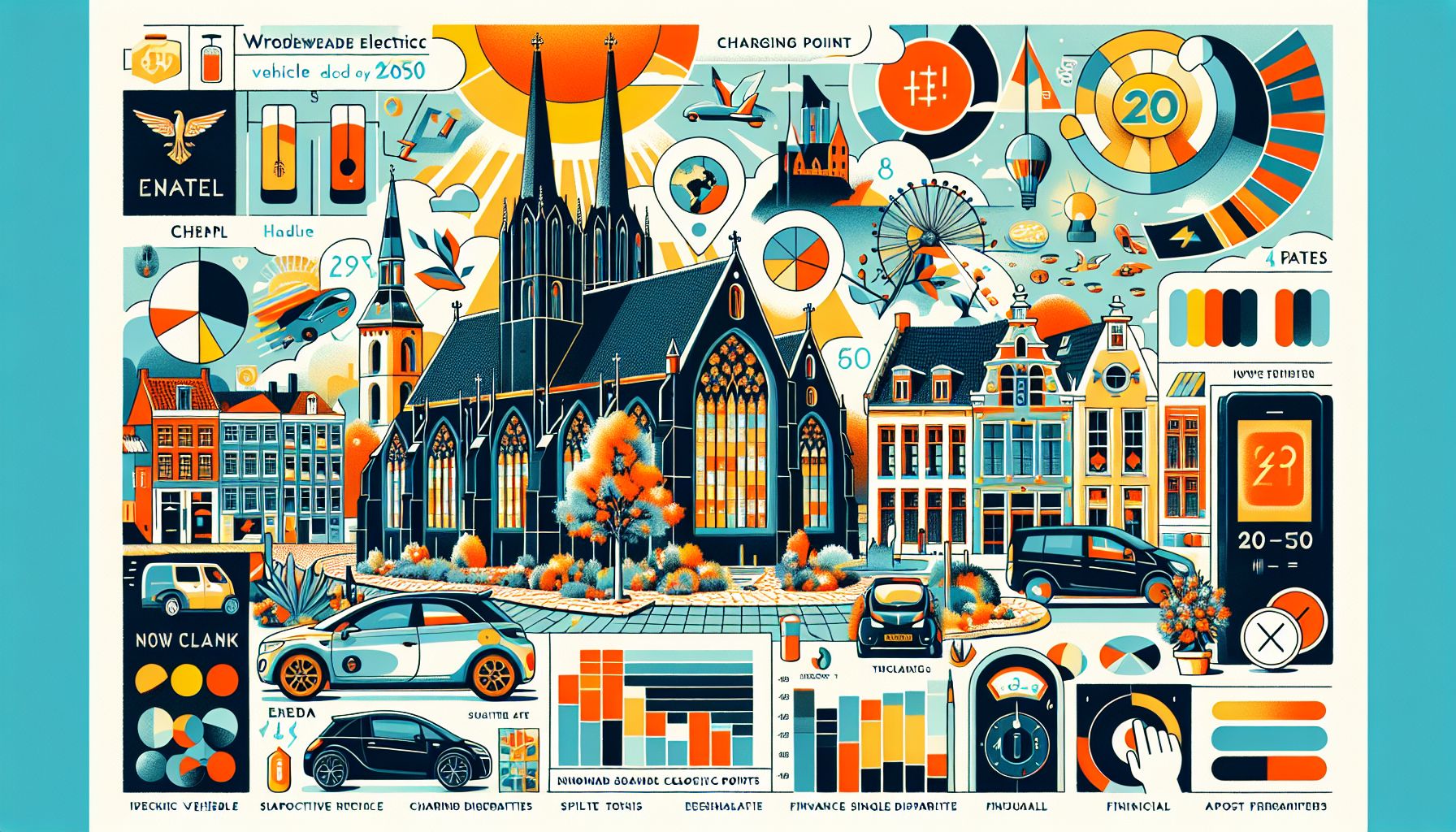Dutch Study Reveals Challenges for Widespread Electric Vehicle Adoption

The Hague, Wednesday, 25 September 2024.
A TNO report highlights significant hurdles for the Netherlands to achieve universal electric vehicle adoption by 2050. Key issues include improving charging infrastructure and making electric vehicles more affordable for consumers.
Current State of EV Adoption
As of 2024, the adoption of electric vehicles (EVs) in the Netherlands remains limited. A small segment of the population has already transitioned to electric cars, but the majority still rely on diesel or gasoline vehicles. This hesitation is largely influenced by the high cost of EVs and the inadequacy of the current charging infrastructure. Many consumers are deterred by the initial purchase price and the perceived inconvenience of locating charging stations.
Key Factors Influencing EV Purchases
The TNO report underscores that the cost of purchasing an electric vehicle, whether new or second-hand, and the ongoing operational costs are pivotal factors for consumers. With the current high prices of gasoline, some consumers are starting to see the financial benefits of switching to EVs. However, the lack of sufficient charging facilities and the limited range of some electric models remain significant barriers. The report advises that providing more information about the growing capabilities of EVs, such as their increasing range and decreasing charging times, could help mitigate these concerns.
Policy and Infrastructure Development
The Dutch Climate Agreement has set ambitious targets, including ensuring that all new passenger cars sold by 2030 are electric. To achieve this goal, the government needs to invest heavily in both charging infrastructure and consumer incentives. TNO recommends that the government focus on expanding the network of public charging stations and offering subsidies or tax incentives to lower the cost of EV ownership. The report also suggests that urban planning should consider the integration of charging facilities in new residential and commercial developments.
TNO’s Green Innovations
The Dutch research organization TNO is not only analyzing the current state of EV adoption but also actively working on sustainable solutions. TNO aims to become climate-neutral by 2040, implementing various green initiatives across its 20 sites. These include installing solar panels, optimizing heating systems with artificial intelligence, and using renewable energy for 89% of its electricity needs. By 2025, TNO plans to achieve 100% sustainable electricity use, setting an example for other organizations to follow.
Global Perspectives on EV Sustainability
A recent report by Ricardo for the Fédération Internationale de l’Automobile (FIA) provides a broader perspective on the environmental benefits of EVs. It highlights that although the production of battery electric vehicles (BEVs) generates higher greenhouse gas emissions compared to internal combustion engine vehicles (ICEVs), the overall lifecycle emissions are significantly lower for BEVs. The report projects that by 2050, BEVs could reduce lifecycle greenhouse gas emissions by nearly 80% in Europe, emphasizing the importance of continued policy support, technological innovation, and infrastructure development.

